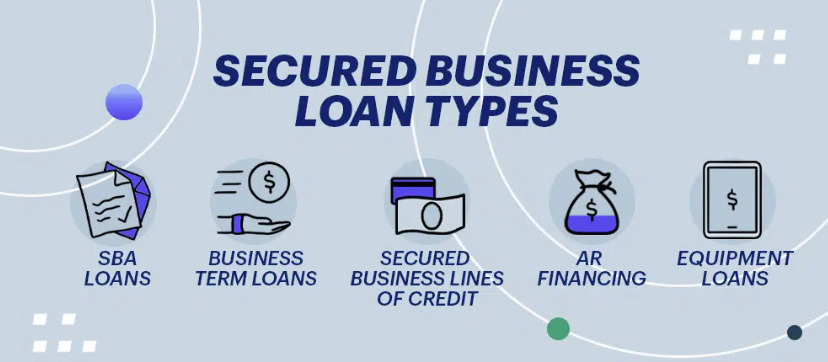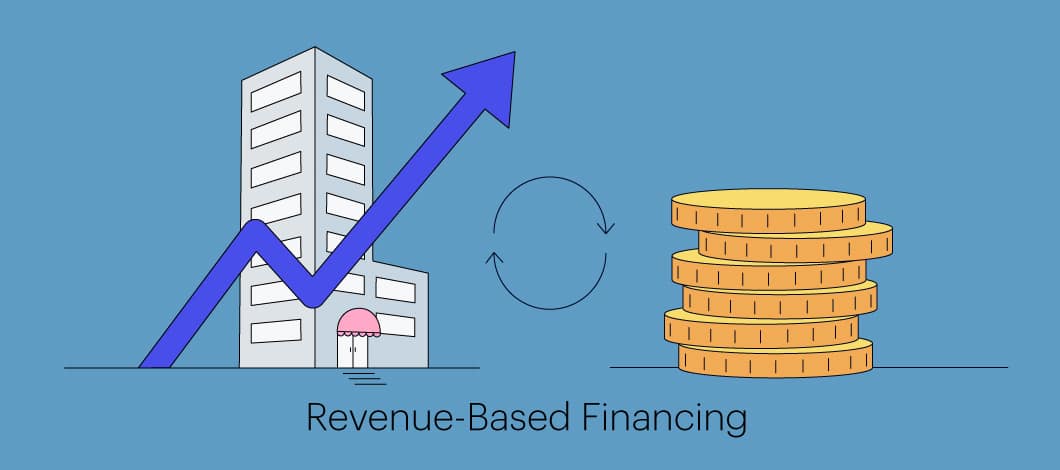Understanding the Current Hiring Boom
If you’ve been keeping an eye on job boards and recruitment platforms lately, you’ve probably noticed the hiring boom in small businesses. Jobs aplenty, applications streaming in, it all seems like a good sign, right? On the surface, yes, but let’s dive deeper.
The Hiring Landscape in Small Businesses
Small businesses have always been pivotal to the U.S. economy, often referred to as the backbone of the economy. When these businesses are actively hiring, it generally indicates healthy economic activity. However, the current hiring boom we’re seeing is not as straightforward as it seems.
Why is There a Hiring Boom in Small Businesses?
There are several reasons for this surge in employment opportunities. For one, as the world rebounds from the COVID-19 pandemic, businesses that survived the economic shock are starting to expand. Additionally, government incentives designed to stimulate the economy have resulted in hiring sprees. But the devil, as they say, is in the details.
The Hidden Recession Signal: What You Need to Know
So, why should we worry about a hiring boom? Isn’t that a positive development? Not always.
How Hiring Booms Can Signal a Recession
A hiring boom can sometimes be a harbinger of a looming economic recession. How? Rapid hiring often suggests that businesses are expanding to meet increased demand. However, if this growth is unsustainable or fueled by artificial factors, it could lead to an economic bubble that inevitably bursts, leading to a recession.
Historical Evidence: Past Hiring Booms and Recession
If we take a walk down memory lane, we can see patterns of similar hiring booms before significant recessions. Notably, the dot-com bubble of the late 90s and the housing market crash of 2008 were both preceded by periods of excessive hiring.
Factors Fueling the Hiring Boom
Several factors have come together to create this employment frenzy
The COVID-19 pandemic disrupted the job market significantly, causing many small businesses to lay off staff or even shut down. As the pandemic recedes, many businesses are now reopening or expanding, leading to a spike in hiring.
Government Policies and Incentives
Government policies designed to stimulate the economy post-pandemic have also played a significant role. These measures, while helpful in the short term, can potentially create unsustainable economic growth.
How do these factors hide a recession signal?
These factors can mask underlying economic vulnerabilities, thus hiding a recession signal. For instance, government stimulus can artificially inflate the economy, leading to a false sense of security.
Impacts of the Hidden Recession Signal
So, what happens when this hidden recession signal comes to light?
Economic Implications
If the bubble bursts, we could see a downturn in the economy, affecting various sectors. Many businesses, particularly those that expanded too quickly, could face severe consequences.
Effect on Small Businesses
Small businesses, due to their limited resources, are most vulnerable in a recession. They may face challenges such as reduced consumer spending, difficulties in accessing credit, and layoffs.
Effect on Workers
Workers will also be hit hard. Job losses, reduced working hours, and wage cuts could all be on the cards.
How to Navigate this Scenario: Recommendations for Small Businesses
There are steps small businesses can take to prepare for potential economic downturns.
Creating Sustainable Hiring Strategies
Rather than getting swept up in the hiring boom, small businesses should develop sustainable hiring strategies. This means hiring based on long-term needs rather than short-term incentives.
Developing Contingency Plans
Small businesses should also prepare for the worst-case scenario by having contingency plans in place. This could involve setting aside emergency funds, diversifying their product offerings, or improving operational efficiency.
Looking Beyond the Hiring Boom
While the current hiring boom in small businesses can be seen as a positive sign, it’s important to remember that it could be hiding a recession signal. By understanding this dynamic and preparing accordingly, small businesses can navigate this uncertain terrain more effectively.
5 FAQs on Hiring Booms and Hidden Recession Signals
- Why can a hiring boom signal a recession? A hiring boom can signal a recession if it’s driven by unsustainable or artificial growth, which can lead to an economic bubble that eventually bursts.
- How can small businesses navigate a potential recession? Small businesses can create sustainable hiring strategies, develop contingency plans, and diversify their product offerings to navigate a potential recession.
- How can government policies hide a recession signal? Government policies, like economic stimulus measures, can artificially inflate the economy, leading to a false sense of security and masking underlying vulnerabilities.
- What are the impacts of a hidden recession signal? A hidden recession signal can lead to economic downturns, affecting businesses and workers. Small businesses may face reduced consumer spending and difficulties in accessing credit, while workers may face job losses and wage cuts.
- What role did the pandemic play in the hiring boom? The pandemic led to widespread layoffs and business closures. As the world recovers from the pandemic, many businesses are now reopening or expanding, leading to a spike in hiring.






